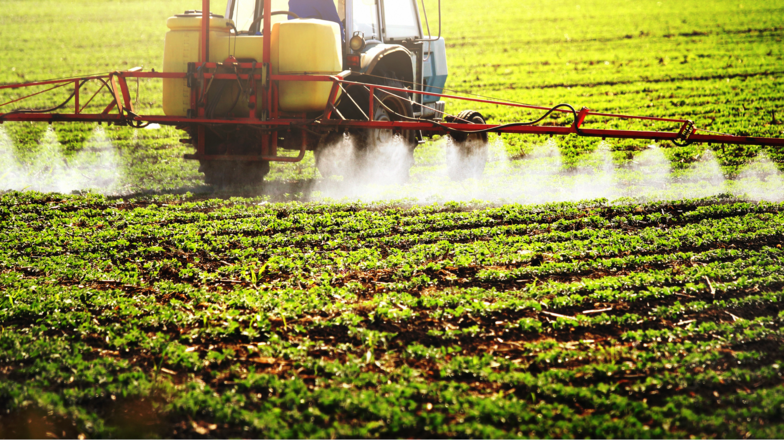A coalition of civil society organisations has taken legal action against the European Commission’s decision to renew the authorisation of the controversial herbicide glyphosate for another ten years. The lawsuit was originally filed in December 2024 by PAN Europe and five of its member organisations. Now, more groups—including foodwatch and other associations representing victims of pesticide exposure—have requested to formally join the case as interveners.
Ignoring Science in Glyphosate Re-Approval
The re-authorisation is based on a risk assessment that ignored independent scientific studies in favour of research funded by industry. The renewal violates key requirements of EU pesticide regulation, which demand that substances must not pose harmful effects to human health or the environment.

Decades of scientific evidence shows that glyphosate causes unacceptable harm to human health and the environment.Senior Campaigns Strategist
10 Years of Warnings – Still No Ban
Glyphosate is the most widely used herbicide in the world. Its effects are well-documented: links to cancer, reproductive disorders, neurological damage, and loss of biodiversity. Ten years ago, the WHO International Agency for Research on Cancer classification of the substance as a probable carcinogenic agent should already have triggered a ban. Despite this, the European Commission renewed its market authorisation in 2023—allowing continued use until 2033.
Industry profits, citizens and environment pay the price
EU’s pesticide regulation sets clear rules: no approval if health risks are not ruled out. Yet the current authorisation process fails to meet this standard. By prioritising economic interests over science, the Commission has breached its duty to protect people and the environment.
The case is now pending before the CJEU.
Stop the Toxic Trade!
Toxic pesticides on our plates: Pesticides banned in the EU are exported – only to return as residues in rice, bananas and raisins. A dangerous boomerang! The EU promised to stop this in 2020. But still no law. Urge the European Commission to move forward and ban export of these toxic chemicals.
